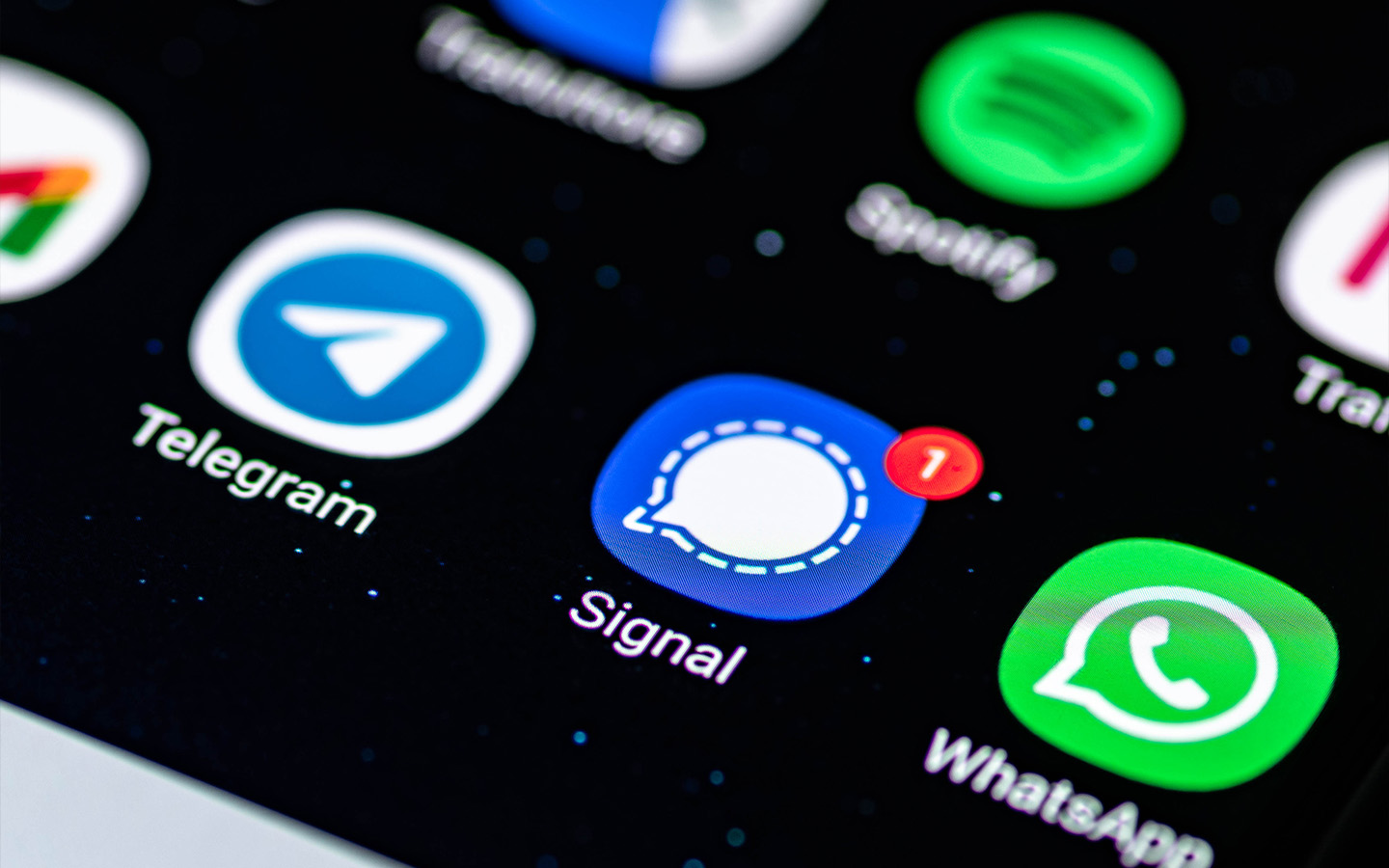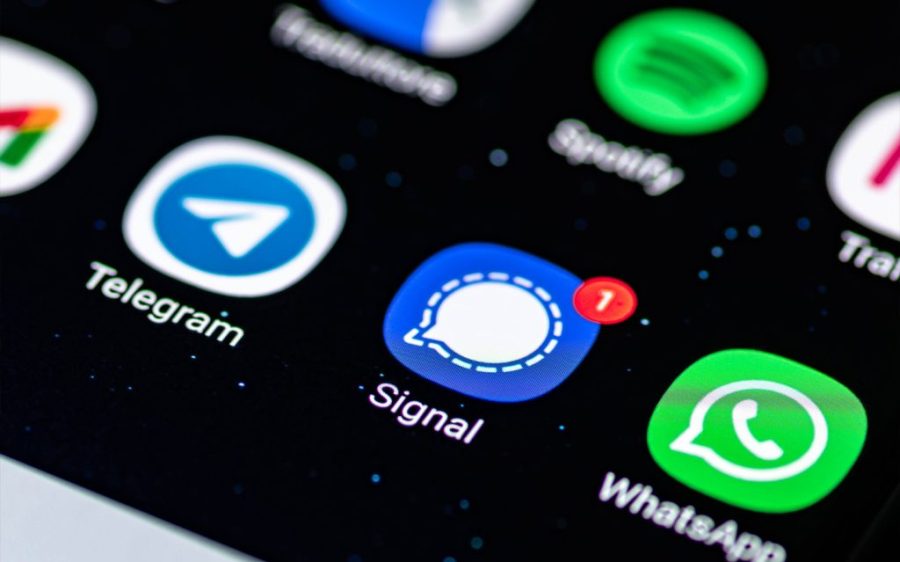Russia’s state communications watchdog, Roskomnadzor, has announced it had blocked Signal from operating in the country – claiming that the messaging app had been violating anti-terrorism laws, Reuters reports.
Signal uses end-to-end encryption, making it difficult for the Russian government to intercept communications. Roskomnadzor’s move was widely understood as an attempt to tighten control over information relating to Russia’s war in Ukraine.
Signal users in Russia, however, have reported that the app still works when accessed via a VPN or through its built-in censorship bypass mode.
[See more: São Tomé and Príncipe strengthens military ties with Russia]
In 2022, Russian authorities blocked or restricted access to social media sites Facebook and Twitter (now known as X) – and it has repeatedly done the same for numerous media sites, from the Moscow Times to the German news site Deutsche Welle. Last week, it appeared that YouTube was headed for the same treatment – with mass outages reported across Russia (the country’s lawmakers have denied blocking the video platform).
Moscow has ramped up its restrictions on independent media since invading Ukraine in 2022, in a series of moves intended to suppress dissenting voices.
Signal and X have recently also been temporarily blocked in Venezuela, the Guardian reported. That’s happened amid protests over the country’s recent presidential election, and are also understood to be a means of crushing political dissent.






